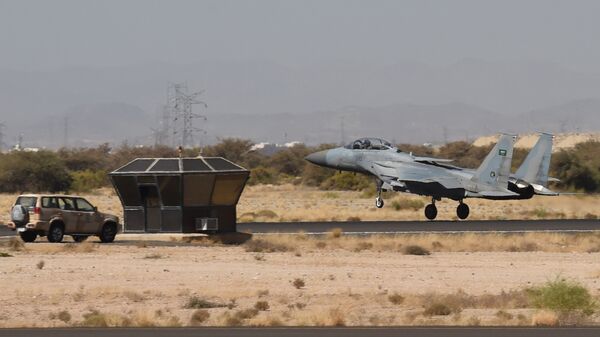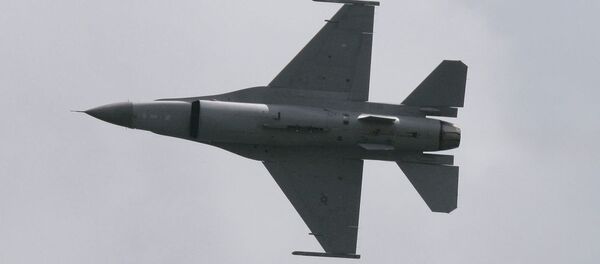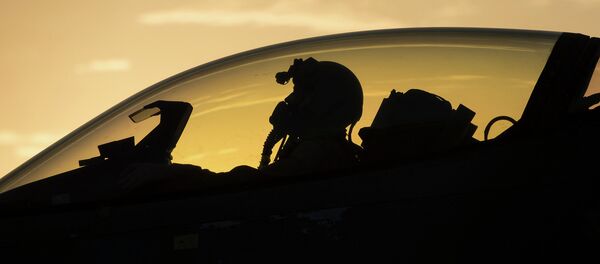As part of a deal valued at $699 million, Washington agreed to sell Islamabad up to eight Lockheed Martin F-16 fighter jets, in addition to radar and other equipment. Much of the cost would be covered by the US government’s Foreign Military Financing fund, with Pakistan paying some $270 million.
But US lawmakers have expressed concern over Pakistan’s lack of commitment to combating terrorism within its borders. Tennessee Senator Bob Corker, chairman of the Senate Foreign Relations Committee, said that he would block the use of any US funds in the deal to pressure Islamabad to do more about the Taliban.
"They take our money, take our arms and laugh in our face," Kentucky Senator Rand Paul said, according to Defense News. "Pakistan is at best a frenemy – part friend and a lot enemy."
Congressional members are also concerned that the aircraft could ultimately be used against India. New Delhi has expressed objections to the deal for the same reason, and given that the US has just cemented a deal with India to jointly patrol the Indian Ocean for Chinese submarines, Washington may be eager to please its newly-close allies.
Faced with opposition from Congress, the US State Department has abandoned any subsidization of the deal.
"Given congressional objections, we have told the Pakistanis that they should put forward national funds for that purpose," State Department spokesman John Kirby told reporters.
He added that he believes cooperation with Islamabad’s counterterrorism effort is "critical" to promoting stability.
Without funding assistance, Pakistan may be forced to seek the money, and the weapons, elsewhere.
"We will examine this with the suppliers to see there is an alternative source of financing," Sartaj Aziz, Pakistan’s foreign policy chief, told reporters.
"So if any arrangements can be made, we will buy them, otherwise obviously we will have to look for planes from somewhere else."
Aziz previously indicated that the Pakistani government could alternatively purchase JF-17 Thunder jets, jointly developed by Pakistan and China.
Syed Tariq Fatemi, special assistant on foreign affairs to Pakistani Prime Minister Nawaz Sharif, expressed surprise that the US would back away from the deal. He also stressed Islamabad’s commitment to combating extremism.
"[There is a] lack of sufficient appreciation for Pakistan’s whole-hearted efforts it was undertaking jointly with the US administration, in countering the threat posed by terrorism," he said, according to Press TV.





